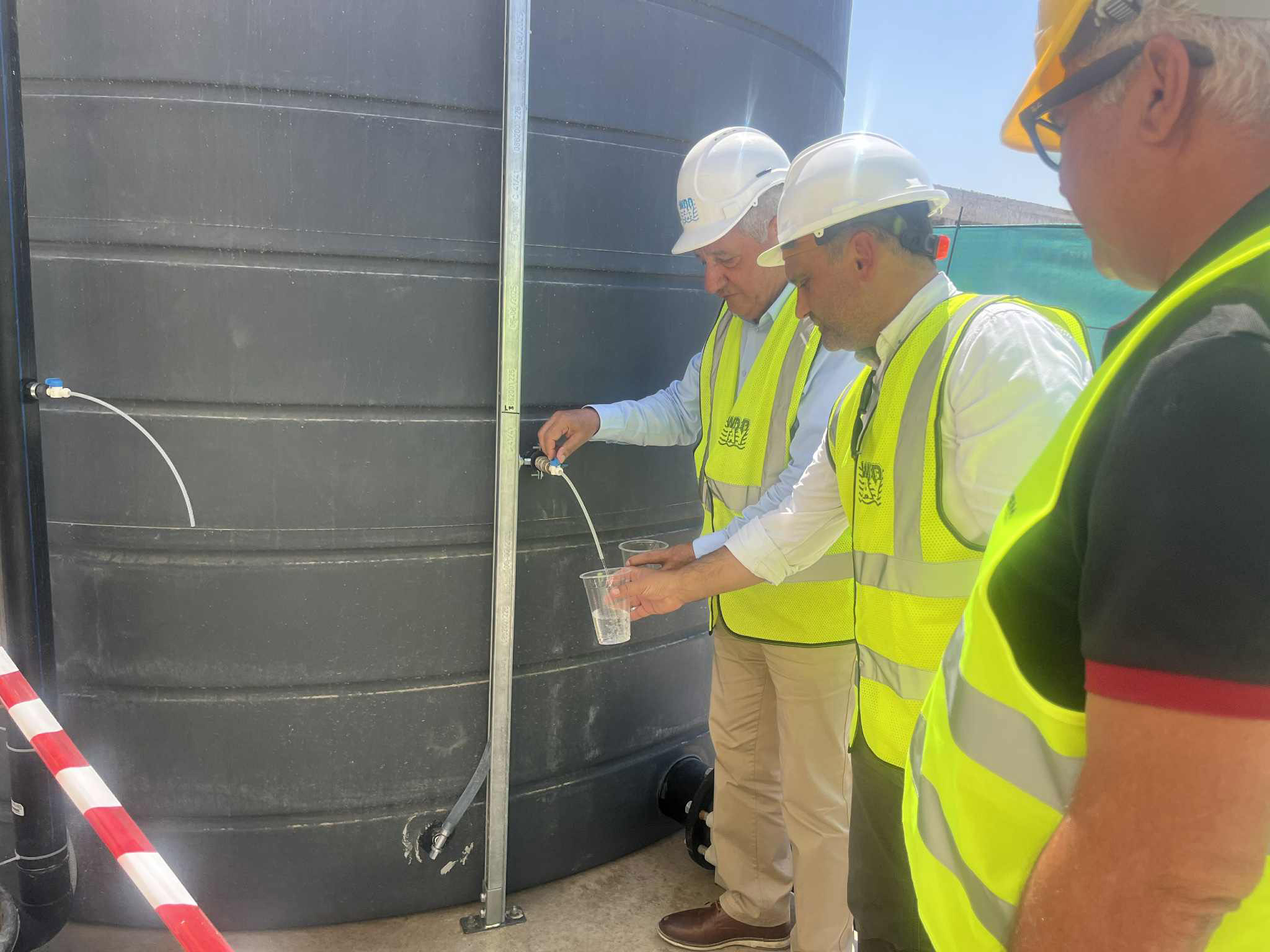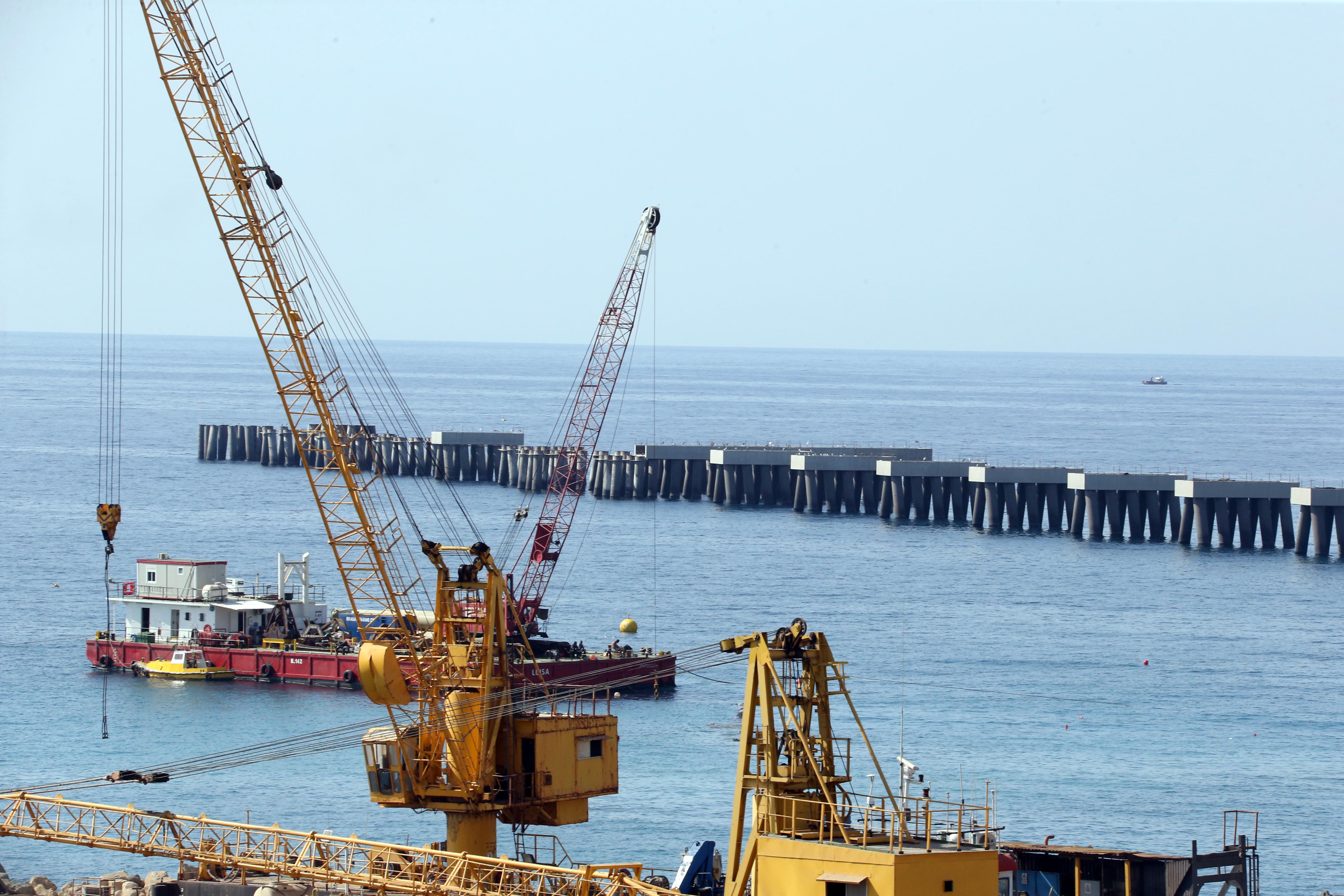The water desalination plant in the Paphos district village of Kouklia returned to full working order, ten months after burning down, the water development department said on Tuesday.
The plant had been gradually brought back online from Sunday, with an initial production rate of 5,000 cubic metres of water, brought up to the plant’s maximum capacity of 15,000 cubic metres of water on Tuesday.
The plant’s return, the department said, will ensure “a smoother supply of water for the Paphos district” and “enhance the sufficiency” of the supply.
It had completely burnt down in December last year, with fire brigade chief Nikos Logginos saying at the time that it had started in a storage area inside the plant where flammable materials, including filters and electrical cables are stored, before spreading “very quickly”.
The announcement is the second piece of good news for Paphos’ water supply to come about this week, with the Mavrokolympos reservoir having been reopened last week, eight months after having been entirely drained to fix a corroded vent.
The reservoir had been entirely drained of its 1.4 million cubic metres of water, with experts saying at the time that the reservoir’s pipes, which were installed in 1966, would have to be replaced.
Earlier this month, the agriculture ministry’s permanent Andreas Gregoriou said there will be no problems with the Paphos district’s water supply next year, “regardless of the weather conditions”.
“We are in the final stage. It seems that we will manage to avoid any cuts, even though we are at the beginning of the new hydrological year, because as well, we have expectations that we will have more rain than the previous dry year,” he said.
Additionally, he said, “with the desalination units which are under construction, we will be able to say from now on, regardless of the weather conditions, that there will be no problem with the Paphos district’s water supply”.
“Therefore, Paphos’ water problem can be considered solved for 2026 as well,” he said.
Elsewhere, the water development department had announced earlier this month that 12 mobile desalination units which were imported from the United Arab Emirates are now in operation, and that one more will enter service soon.
“The implementation of measures to address water scarcity is progressing rapidly,” it said, adding that the units which are set to arrive next year will “strengthen the balance of Cyprus’ water supply and address the effects of the prolonged drought”.
The first mobile desalination unit from the UAE entered service in July, with acting water development department director George Kazantzis describing the units’ installation as an “extremely complex process which took place in limited time”.







Click here to change your cookie preferences